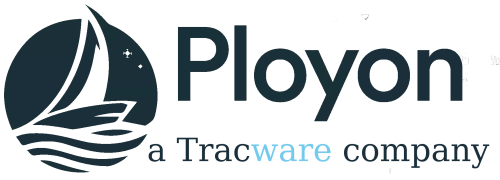Part 3: The Link Between Proper Maintenance and Overall Safety
In the vast expanse of the open sea, the reliability of your vessel is paramount. The significance of boat maintenance cannot be overstated; it is the bedrock of a safe and enjoyable boating experience. As we delve into the third and final instalment of our series, "Navigating Safe Waters: The Importance of Boating Education and Training," we shift our focus to the crucial link between proper maintenance and overall safety.
Part 2: Legal Requirements for Boating Licenses and Education
Welcome back to the second instalment of our series, "Navigating Safe Waters: The Importance of Boating Education and Training". Today, we're setting our compass towards understanding the legal requirements for boating licenses and education.
Part 1: The Benefits of Boating Safety Courses
Welcome to the first part of our series, "Navigating Safe Waters: The Importance of Boating Education and Training". This series aims to shed light on the crucial role of education and training in ensuring a safe and enjoyable boating experience. In this first part, we will delve into the benefits of boating safety courses, a fundamental aspect of boating education.
Blockchain in the Maritime Community – 2
As we continue our exploration of blockchain's transformative potential in the maritime maintenance sector, it's clear that this technology holds the promise of significant advancements. In the first part of our discussion, we delved into the fundamental principles of blockchain technology and how it can enhance supply chain management and asset tracking in the maritime industry. We saw how blockchain's transparency, immutability, and decentralization can improve traceability, accountability, and efficiency in these areas. Now, as we move forward, we will delve deeper into additional use-case
Blockchain in the Maritime Community (1)
What are the potential benefits of implementing blockchain technology in the maritime maintenance sector? Given the complexities involved in maintenance, which include supply chain management, asset tracking, and coordination among multiple stakeholders, how can blockchain's core features - decentralization, immutability, and security - be leveraged to improve transparency, efficiency, and trust in this domain? With global trade relying heavily on maritime transport, how can the introduction of blockchain technology help minimise downtime and ensure high operational efficiency of vessels? Furt
Best Practices for Implementing Data Governance in Maritime Organisations (2)
The maritime sector is characterized by its diverse ecosystem of stakeholders, including shipping companies, port authorities, maritime agencies, regulatory bodies, and technology providers. Effective data governance requires close collaboration among these stakeholders to establish common standards, share data, and align efforts towards the common goal of improving data quality, accuracy, and accessibility.
Best Practices for Implementing Data Governance in Maritime Organisations
A robust data governance framework serves as the cornerstone for successful data management and utilization within maritime organizations. It provides a structured approach to ensure data integrity, accessibility, and compliance while maximizing the value derived from data assets. This section delves into the key components that constitute an effective data governance framework and explores their significance in driving organizational success.
Unleashing the Power of Transactional Maintenance Data in the Maritime Industry
Similar to the aviation sector, the maritime industry can leverage transactional maintenance data to optimise performance and reliability. By analysing data collected from routine maintenance activities, manufacturers and engineers can identify areas for improvement, streamline operations, and fine-tune designs. This data-driven approach allows for targeted modifications that can boost vessel performance, and extend the lifespan of critical components.
Navigating the Seas of Innovation
Join us as we delve into the latest trends, cutting-edge technologies, and transformative innovations that are revolutionising the maritime landscape. Our blog aims to be a beacon of knowledge, providing valuable insights and practical solutions for vessel owners, fleet managers, OEMs, and industry professionals.











